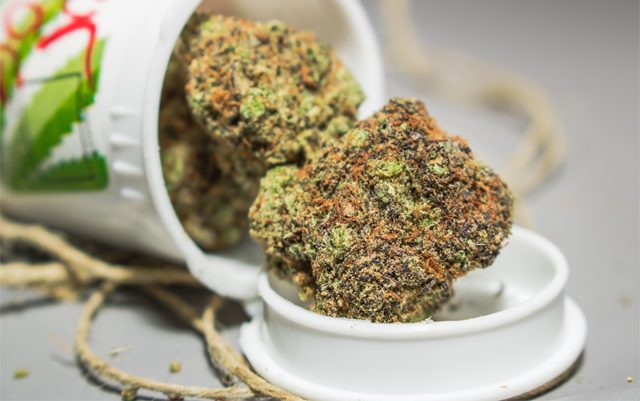None of the bills that have been introduced in Florida legislature have been anywhere close to what voters and activists had in mind when Amendment 2 passed in November. The bill introduced by the House is so restrictive that the Florida for Care group (who ran the Yes on 2 campaign) has called it the “Mel Sembler Medical Marijuana Act”. And while the Senate version still has a few issues that aren’t handled the way many would have hoped, it is far more favorable than the alternative. Senate Bill 406 has just received approval from the Senate Health Quality Committee, and must pass two more committee hearings before being considered at the Senate floor.
The biggest issues with both bills include a ban on smoking (although the House bill also bans edibles and vaping, which the Senate bill does not), and continuing the monopoly on medical marijuana by keeping the current system where licensed nurseries handle everything from cultivation to processing and dispensing. However, the Senate version will allow for more licenses – the first five additions would be required by October 3rd of this year and it would allow for an additional 4 for every 75,000 patients registered. The House version wouldn’t have allowed additional licenses until there was 125,000 patients registered.
“He kind of met in the middle … on the number of licenses, and I’m really glad he put in the robust and independent lab testing from [state Sen. Frank] Artiles’ bill,” said Ben Pollara, the campaign manager of the group behind the medical marijuana constitutional amendment and one of the amendment’s co-authors.
While it is not necessarily what was originally intended or what had been hoped for, this is certainly a more workable and realistic plan that should ensure that there is never a shortage of medicine for the patients who have fought for so long just to get access to medical marijuana. One of the biggest concerns with the House bill is the fact that it severely limits the number of growers, waiting to add to the existing number and only allowing a small number of additional licenses.
SB406 combines several ideas that had been heard in separate bills previously – including a provision that would ban the sale of medical marijuana to minors. Even though they would be allowed to use medical marijuana it would require that it be purchased by their parent, guardian or caregiver instead. It also increases the amount that can be purchased at a time from a 45 day supply to a 90 day supply, and even allows doctors to make the call on whether or not more than a 90 day supply should be allowed.
The bill also puts in place a requirement for a seed-to-sale system that will report data back to the state – every plant will be able to be found and tracked in each and every stage from being planted to being harvested, processed, transported or sold. Other changes include creating a research program at the Moffitt Cancer Center in Tampa, and creating a pathway for non-residents or part-time residents to still access medical marijuana (as long as they qualify both under Amendment 2 and medical marijuana laws in their home state). Overall there are a lot of really important and big changes that would be made with this bill – and of the two bills being considered right now this one has more support from those who called for medical marijuana legalization in the first place.






